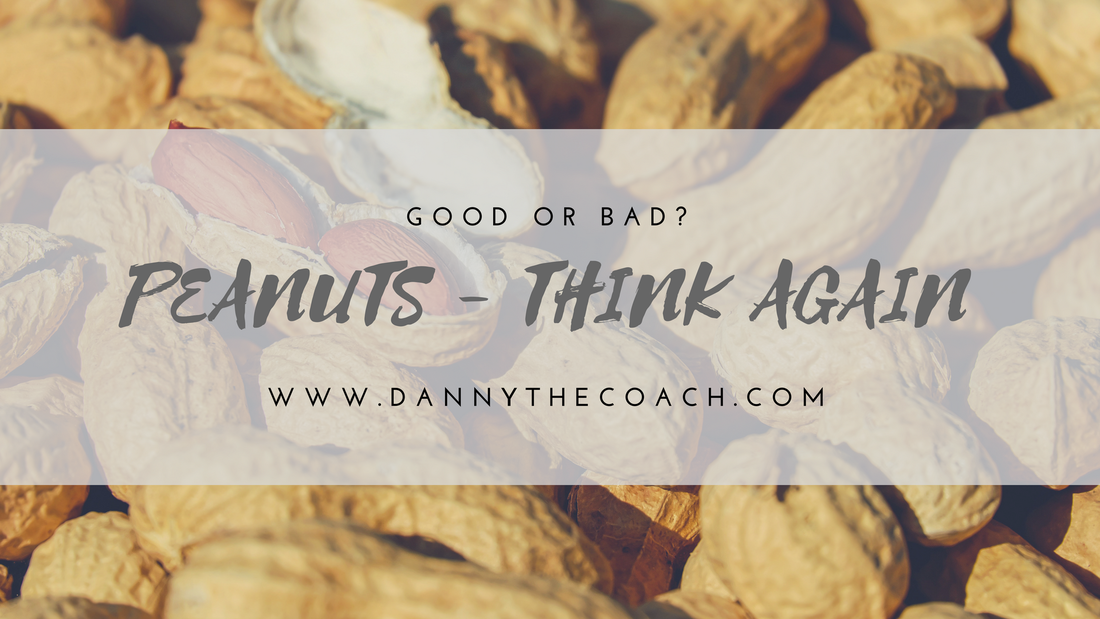|
Peanuts have been deceiving us this whole time. Peanuts are part of the legume family. They're not nuts. Now, they contain monounsaturated fats, which are linked to a reduced risk of cardiovascular disease. Peanuts do contain a number of valuable nutrients, including trace minerals such as copper, manganese and molybdenum, along with vitamins B1, B3 and E, folate, biotin and phosphorous. They also contain a number of highly beneficial antioxidants, including resveratrol and p-coumaric acid.
However, keep in mind that peanuts tend to be heavily sprayed with pesticides and frequently contaminated with aflatoxin toxic metabolites produced by certain molds that grow in soil and moist environments. And, peanuts have the drawback of being relatively high in omega-6, so they may further skew your omega-3 to omega-6 ratio, which is a problem many may struggle with if you eat processed foods and not enough omega-3 fats. Contamination can occur anytime during pre-harvest, storage, and/or processing. Unbeknownst to many, gut problems such as leaky gut can be related to the presence of these mycotoxins (aflatoxin). Alternatives to Peanuts and Peanut Butter:
Another fact about macadamia nuts: about 60 percent of the fatty acid in macadamia is the monounsaturated fat oleic acid. This is about the level found in olives, which are well known for their health benefits. This little tidbit is a fact few people make note of when discussing the benefits of macadamias. Pecans also boast more than 19 different vitamins and minerals that studies suggest can help you lower LDL cholesterol and promote healthy arteries.
0 Comments
Leave a Reply. |
Author
DannyTheCoach Archives
January 2023
Categories
All
|


 RSS Feed
RSS Feed